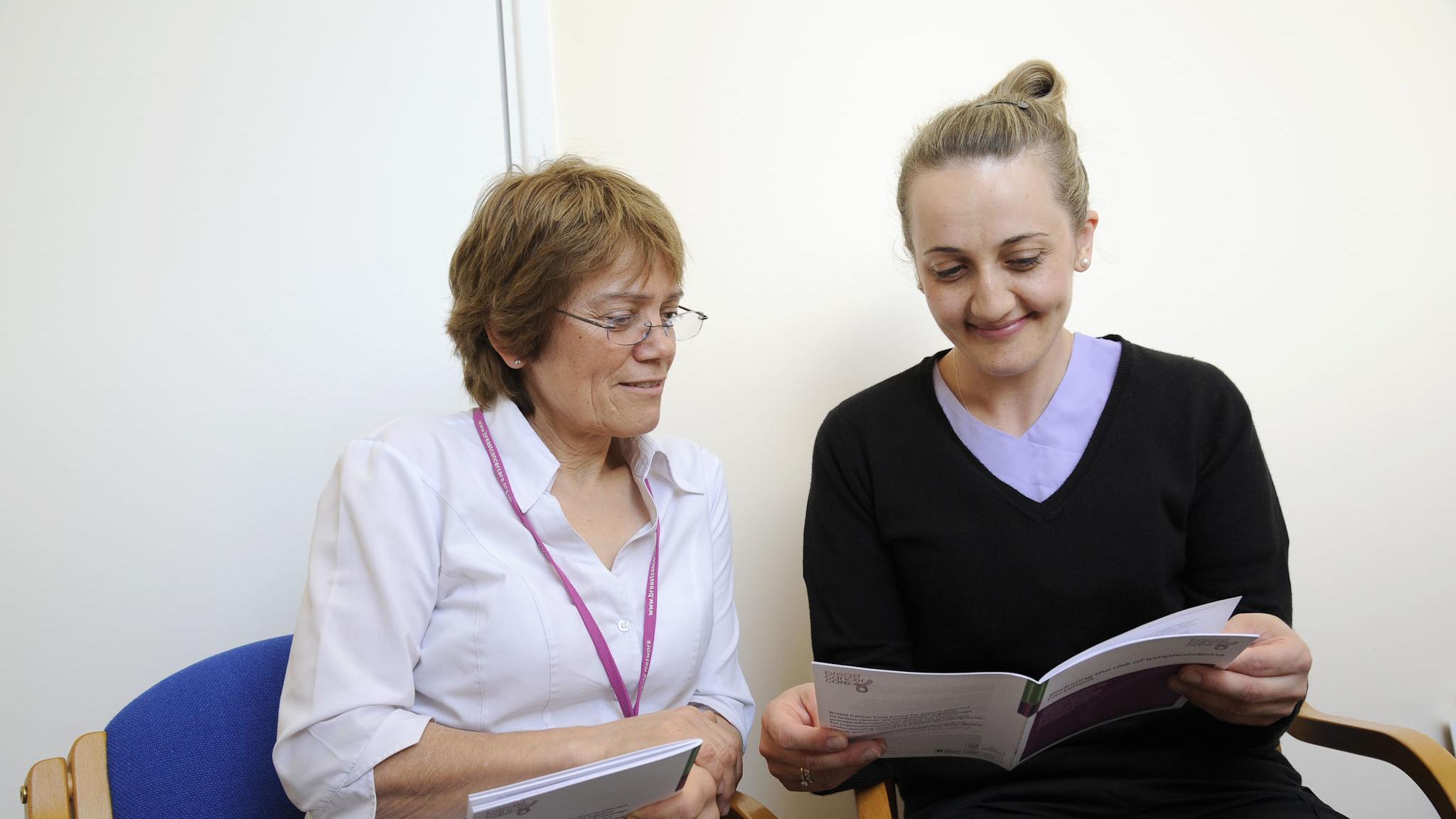
New guidelines have been developed to help researchers ensure that their clinical trial protocols and reports are complete, high-quality and transparent. Increased consistency across these documents will facilitate comparisons between different studies and reduce research inefficiencies.
An international team of clinical trial experts has developed two guidance documents, both of which focus on early phase dose-finding clinical trials. This work could have a significant long-term impact on the future of research, improving its quality and increasing shared scientific knowledge while also enhancing patient care and safety.
Improving patient safety and making clinical trials more efficient
The extensive variation in how trial findings are reported can limit how useful they are to other researchers, potentially hindering medical progress. Meanwhile, low standards of reporting and poorly designed protocols put patient safety at risk and waste already-limited resources.
Researchers from the Clinical Trials and Statistics Unit (ICR-CTSU) at The Institute of Cancer Research, London, led the DEFINE (DosE-FIndiNg Extensions) project in partnership with international experts. This collaborative effort was driven by a critical need for tailored guidance in early phase dose-finding trials, and it resulted in the creation of new checklists for research teams. Commonly referred to as phase I trials, these studies are instrumental in providing information about how a new therapy interacts with the human body. Researchers use them to closely monitor potential side effects and determine safe and active dosages for the therapy under investigation.
Phase I trials account for a significant proportion of ongoing clinical trials – there can be nearly twice as many phase I trials as phase III trials taking place in any given year. For this reason, clear guidance is really important for researchers working at this stage of clinical development in both oncology and non-oncology settings.
The ICR has significant expertise in this area as many phase I trials take place at the joint Drug Development Unit of the ICR and The Royal Marsden NHS Foundation Trust, including trials of drugs discovered at the ICR.
Seeking input from international experts
The first of the guidance documents, CONSORT-DEFINE, builds on the CONsolidated Standards Of Reporting Trials (CONSORT) 2010 statement. The second, SPIRIT-DEFINE, expands on the Standard Protocol Items: Recommendations for Interventional Trials (SPIRIT) 2013 statement.
The papers on CONSORT-DEFINE and SPIRIT-DEFINE have been published in the British Medical Journal. They are accompanied by an editorial written by lead author and principal investigator Professor Christina Yap, who leads the Early Phase and Adaptive Trials team at the ICR-CTSU.
Although SPIRIT and CONSORT represent opposite sides of the clinical research process – planning and reporting – they are strongly connected. The researchers therefore decided to develop both guideline extensions concurrently.
They followed the Enhancing QUAlity and Transparency Of health Research (EQUATOR) Network’s methodological framework for guideline development. After deciding on 36 candidate items for the SPIRIT-DEFINE checklist and 44 for the CONSORT-DEFINE checklist, the DEFINE team carried out a two-round modified Delphi process. This structured technique uses a systematic and interactive approach to achieve a consensus view across a panel of multidisciplinary stakeholders.
The first round involved 206 participants from 24 countries, while 151 participants had their say in the second round. A group of 34 specialists from seven countries then participated in a consensus meeting to discuss the findings and determine the most important candidate items.
After the final stage – pilot testing of the draft checklists – the team confirmed 17 new and 15 modified items for SPIRIT-DEFINE, and 21 new and 19 modified items for CONSORT-DEFINE. These include dosing strategies, prevention of harms, and adaptive design features, such as interim adaptations and underlying statistical methods. These items should help research teams provide a detailed elaboration of their trial designs and trial results for early phase dose-finding trials in all clinical settings.
“Filling a critical gap in the guidance”
Dr Olga Solovyeva from the Division of Clinical Studies at the ICR, who is trial methodologist for the DEFINE study and an author on both papers, said:
“Early dose-finding trials are an important part of the clinical development process, and they have unique characteristics that are not adequately addressed by existing reporting and protocol guidance. We believe that we are filling a critical gap in the guidance.
“Improving transparency in clinical trial reporting is critical for scientific progress and public welfare. Transparent reporting improves trial design, builds public trust, uncovers conflicts of interest and promotes academic growth. It also encourages accountability and ethical research practices.”
Encouraging widespread adoption
Guidelines can only be effective if they are implemented and followed. The researchers deliberately structured the DEFINE guidelines in a similar way to the well-known CONSORT 2010 and SPIRIT 2013 guidelines, making them relatively easy for other researchers to use and applicable to all clinical settings. To maximise the impact of their work, they also ran several masterclasses showing attendees how to use the guidelines.
In a follow-up online survey, 80 per cent of researchers described themselves as either “very interested” or “extremely interested” in using the DEFINE guidelines. The DEFINE team is responding to this interest with further masterclasses and two extension and elaboration papers that will set out real-world examples as a learning exercise for users.
In her editorial, Professor Christina Yap, Professor of Clinical Trials Biostatistics at the ICR, predicts that the DEFINE guidelines will improve reporting quality and ultimately reduce research inefficiencies and inconsistencies. In doing so, they should drive pivotal advances in clinical care.
She also stresses that high-quality early clinical trial reporting is a fundamental aspect of conducting high-quality research and should not be seen as optional. Together, she believes, we can improve the reporting of early phase dose-finding trials, ensuring that society benefits from transformative clinical research.
CONSORT-DEFINE was funded by the MRC-NIHR Methodology Research Programme. In addition, the ICR-CTSU receives programmatic infrastructure funding from Cancer Research UK, which helped support this work. SPIRIT-DEFINE did not receive separate funding.